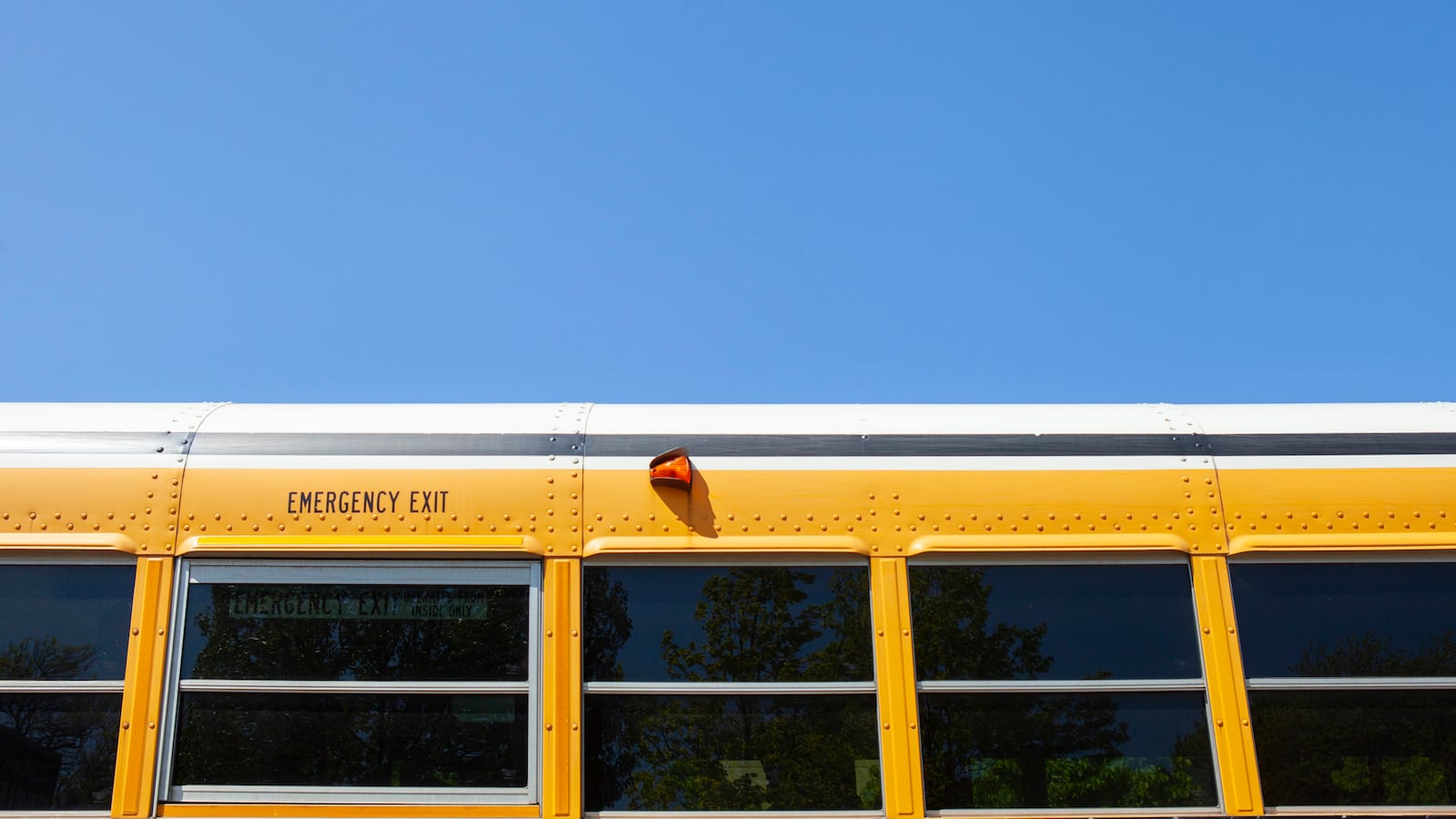One year into a community schools pilot program and amid tense contract negotiations, Chicago’s school board on Wednesday approved a $10 million extension of the union-backed program for an additional year, despite acknowledging that the district hadn’t tracked how well it had worked.
The teachers union fought hard to establish the program, which connects 20 schools with 17 community groups to provide additional mental health and community services, in its last contract. The district still provides administrators, teachers, and other staff for the schools, which follow district curriculum.
The union said the extension of the program was positive, but that is was committed to fighting to add more schools.
“It’s good that they are actually putting in writing the verbal promise they made for us,” said Chris Geovanis, a spokesperson for the Chicago Teachers Union. In its contract proposal, the union wants the district to expand the program to 75 schools and invest in it for several years.
The union’s 2016 contract with the district established the program, praised for its innovative approach to harnessing community connections.
But the program wasn’t implemented until last summer, the final stretch of the union’s contract, when the district invested $10 million for 20 schools to partner with some of Chicago’s most well-known community groups, including the Brighton Park Neighborhood Association and the Logan Square Neighborhood Association.
Michael Deuser, the district’s chief of college and career success, argued that overall community schools have shown positive results — but didn’t provide any figures.
“We’ve seen some impressive results in terms of increased student engagement and the academic gains,” he said at Wednesday’s meeting of the district’s broad efforts to engage community organizations in schools.
The programs offer the kind of mental health and academic support that wealthier parents can provide their children but that are often unavailable to children struggling with high poverty, Deuser said.
So far, Deuser said, the district hadn’t tracked the program’s efficacy, but it planned to hire an independent evaluator to do so.
Some board members expressed concern.
“I understand that this work takes time,” board Vice President Sendhil Revuluri said. But, “we’re being asked to approve a continuation with the same 20 schools even though we don’t have much by way of evaluation data.”
Geovanis, with the union, argued that a one-year pilot simply wasn’t long enough to judge the full impact.
Community organizations that run the programs praised them.
Blocks Together, based in Humboldt Park, funded at $50,000 to work with two schools, hired restorative justice coordinators and a parent-engagement coordinator.
Carolina Gaete, director of the group, said she has seen a decrease in disciplinary incidents. A community organizer for 15 years, she said she has long advocated for that type of investment.
“We really began to see a transformation,” Gaete said.

